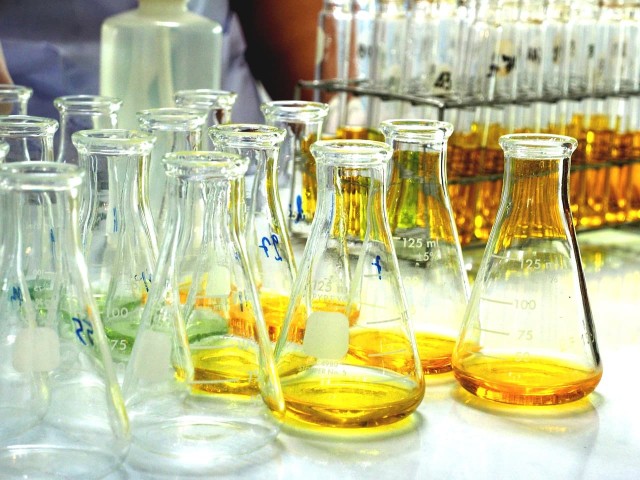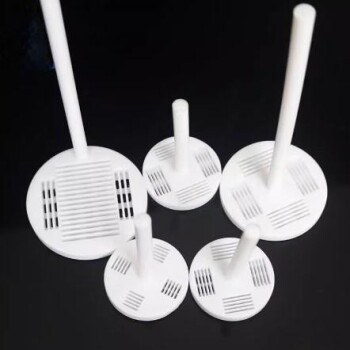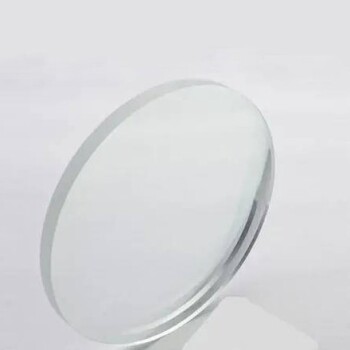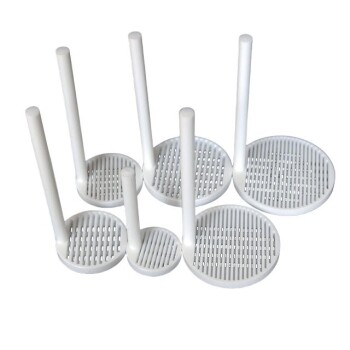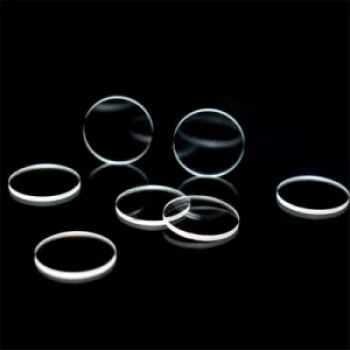Maintaining clean and sterile glassware is crucial in any laboratory setting. Not only is it important for the accuracy and reliability of experiments, it is also essential for the safety of those working in the lab.
In this article, we will explore the different methods and techniques for effectively cleaning laboratory glassware. From choosing the right detergents to understanding the frequency of cleaning, we will cover all the important details to ensure your lab's glassware is always in top condition.
How Often to Clean Lab Glassware
It's important to note that the frequency of cleaning laboratory glassware will depend on the specific requirements of your laboratory and the type of experiments being conducted.
In general, it is recommended to wash glassware before and after each use to prevent contamination and ensure accuracy in results.
If a thorough cleaning is not possible immediately after use, soaking the glassware in water can help to prevent residue from hardening and becoming difficult to remove.
For new glassware items, it is recommended to soak them in an acid water solution for a few hours before a regular washing to remove any alkaline residue that may affect the accuracy of chemical testing.
It's also worth noting that certain substances may require special cleaning procedures or the use of specific detergents to effectively remove residue.
It's important to familiarize yourself with the guidelines for cleaning different types of glassware in your laboratory to ensure the safety and effectiveness of your experiments.
Cleaning tools
There are a few different methods for cleaning laboratory glassware, including hand washing, using a lab glassware washer, and using an ultrasonic cleaner. Each method has its own benefits and considerations, and the appropriate method will depend on the specific needs of your laboratory and the type of glassware being cleaned.
When hand washing lab glassware, it's important to use the proper solvent and follow it with multiple rinses with distilled water and a final rinse with deionized water. A lab glassware brush may also be necessary for removing stubborn residue.
Lab glassware washers are a convenient option for cleaning larger quantities of glassware quickly and efficiently. However, it's important to consult with the manufacturer's recommendations for the proper cleaning temperatures to avoid damaging the glassware.
Ultrasonic cleaners use high frequency sound waves to safely remove contaminants from glassware immersed in a cleaning solution. They are a good option for cleaning complex or hard-to-reach areas of glassware, but the cleaning temperature will depend on the specific contaminants being removed.
For sterilization, an automated autoclave can be used to steam sterilize glassware for up to 15 minutes at a temperature of 121°C. It's important to allow adequate drying time after sterilization, typically no more than 15 minutes at a temperature of 110°C.
Detergents & Chemicals
Selecting the right detergent or cleaner for cleaning laboratory glassware is an important consideration. In some cases, it may not be necessary to use a detergent at all, and instead, you can simply rinse the glassware with solvents and distilled water.
However, if you do need to use a detergent, it's important to choose one that is specifically designed for laboratory glassware. Some common chemicals used for cleaning lab glassware include acetone, ethanol, and chromic acid, which are chosen based on the type of glassware and the intended use.
There are several brands of detergents that are specifically designed for lab glassware, such as Liquinox, Sparkleen, and Alconox. It's important to avoid using dishwashing detergents that are intended for household use, as these can contain ingredients that may be harmful or corrosive to laboratory glassware.
In addition to choosing the right detergent, it's also important to follow the manufacturer's guidelines for dilution and use, and to thoroughly rinse the glassware after cleaning to remove any residual detergent.
Need To Dry?
Deciding whether or not to dry laboratory glassware is largely a matter of personal preference and the specific needs of your laboratory. If you do choose to dry the glassware, it's important to avoid using paper towels or forced air, as these can leave behind fibers or impurities that could potentially contaminate your solutions.
One option for drying glassware is to simply allow it to air dry. If you need the glassware to be dry for immediate use, you can rinse it two or three times with acetone, which will evaporate quickly and leave the glassware dry.
In some cases, it may be necessary to use the glassware wet, especially if the presence of water will not affect the concentration of the solution being used. In these cases, you can rinse the glassware with ethanol or acetone to remove any water, and then rinse it with the final solution to be used. Alternatively, you can triple rinse the glassware with the final solution to be used.
To test the cleanliness of your glassware, you can use deionized water as a simple indicator. Pouring deionized water through the glassware should produce a smooth sheet if the glassware is clean. If the water does not flow smoothly, it may be necessary to perform more aggressive cleaning to remove any remaining residue.
Related Products
- Custom Machined and Molded PTFE Teflon Parts Manufacturer for Laboratory ITO FTO Conductive Glass Cleaning Flower Basket
- Optical Ultra-Clear Glass Sheet for Laboratory K9 B270 BK7
- Custom PTFE Teflon Parts Manufacturer for Cleaning Racks
- Desktop Fast Laboratory Autoclave Sterilizer 35L 50L 90L for Lab Use
- High Temperature Resistant Optical Quartz Glass Sheet
Related Articles
- How To Clean Laboratory Glassware - Part 1
- Glassware vs. Plasticware - Which is the Better Choice for Your Needs?
- PTFE Cleaning Racks: The Ultimate Guide to Cleaning and Drying Labware
- 5 Essential Applications of Rotary Evaporator in Labs
- How FTIR Pellet Press Works in Sample Preparation for Spectroscopy Analysis
